This technical, but easy-reading story will likely become required reading for everyone here at Skytap. The Phoenix Project: A Novel About IT, DevOps and Helping Your Business Win (Gene Kim, Kevin Behr & George Spafford, IT Revolution Press, 2013) ties one man’s journey toward DevOps to the significant innovations made in factory optimization and lean planning achieved some 30 years ago.
While instructional, the book uses a fictional exposition of a harrowing, never-ending quest for DevOps resembling Melville’s Moby Dick, except the Pequod is struggling company Parts Unlimited, Ishmael is a unwillingly promoted new VP of IT Operations named Bill Palmer, his Captain Ahab charging headlong into disaster is Steve the CEO, and Moby is a giant retail software development project called Phoenix that is running 2 years late and leaving a trail of corporate destruction in its wake.
As someone with experience in both supply chain optimization, and enterprise software delivery, I found this story not only confirmed my view of DevOps as a lean planning methodology, it left me reenergized about the results companies can get by eliminating constraints in the software supply chain. And software IS a supply chain.
The book is dead-on when it frequently identifies dev and test environments as critical choke points for the productive flow of software. Like in a factory, the work environment that is slow or in high demand will govern the speed of every other station on the assembly line. Environments need to be coordinated among competing projects on a just-in-time basis, or WIP (work in process) stacks up around them.
There’s also a human element to these constraints. Projects seem to run late because there are not enough hands on deck, when in reality, the hands on deck are idle far too often because they are depending on a human bottleneck named Brent, that one IT guy who knows everything and does too much. Pretty much anybody in enterprise IT has known a Brent-type constraint at some point in their career. Whole place would shut down if a rock dropped on him.
I have often positioned in writing and presentations that software delivery is a lot like manufacturing optimization. Unless the subject was quite familiar with Eli Goldratt’s work, I’d often get a skeptical response. “No way – software development requires too much creativity, and the technology is way too complex to fit into a Theory of Constraints model.”
This book proves it – in fact it made me see that refusal to think of software and IT problems as supply chain problems is exactly what is holding back the industrialization and predictable throughput of software! Call it Constraint #0. Now I can confidently say “I told you so!” to the skeptics.
I love the way the authors Gene Kim & company bring in freaky hippy and potential board member Erik as Bill Palmer’s personal Yoda in constraint theory. His riddles and parables about manufacturing always lead to later moments of enlightenment for Bill and his beleaguered IT Ops team, starting with redefining just what constitutes “work” and when not to accept it.
The writers garnered assistance from a wealth of expert resources to make this parable an authoritative book to cement DevOps in the mind of IT professionals and corporate executives alike. Highly recommended.
